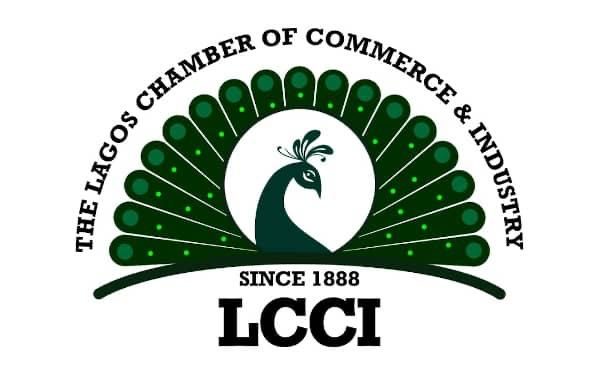The Nigerian business community has received a welcome development as the National Bureau of Statistics (NBS) reported a slight moderation in the country’s inflation rate, which eased to 33.40% in July 2024, down from 34.19% in June. This marks the first decline in inflation since December 2022, signaling a possible easing of price pressures due to a slowdown in demand and the impact of various monetary and fiscal policy interventions.
The Lagos Chamber of Commerce and Industry has expressed cautious optimism in response to the news, highlighting that the moderation could provide some respite for businesses struggling with the high-interest rates that have plagued the economy in recent months. The Chamber emphasized the importance of maintaining and expanding these interventions to ensure a sustained reduction in inflationary pressures.
The Chamber noted that while core inflation slightly decreased from 27.49% in June to 27.47% in July, policymakers must continue to seek the appropriate policy mix to drive down inflation further. The Chamber also urged the government to consider longer-term strategies to strengthen the agriculture, manufacturing, and export sectors, which are crucial for the country’s economic stability.
The LCCI also commended the various government programs aimed at taming inflation and stabilizing the exchange rate, calling for their continuation and expansion to benefit a broader range of economic players. Key initiatives highlighted by the Chamber include the import duty waivers on food and drugs, the introduction of Compressed Natural Gas (CNG) vehicles to reduce transportation costs, foreign exchange market reforms to boost supply, and measures to ensure direct crude supply to local refineries.
To address the root causes of food insecurity, the LCCCI called for increased support for low-skilled farmers, including better access to information on crop production, market prices, and technology, as well as more agricultural inputs like fertilizer and extension services. The Chamber also stressed the need for investment in agrarian mechanization, modern irrigation methods, and strategies to mitigate the impact of climate change on farmlands.
Despite the positive inflation news, the Chamber raised concerns about the Central Bank’s report indicating a drop in the Purchasing Managers Index (PMI) for July, which fell slightly below the optimism level of 50% to 49.7%. The Chamber emphasized the need for consistent policy efforts to create certainty in the business environment and boost industrial confidence in the coming months.
The Chamber also underscored the importance of sustaining the fight against crude oil theft and pipeline vandalism to ensure adequate crude supply for local refineries, which is essential for stabilizing the economy.















